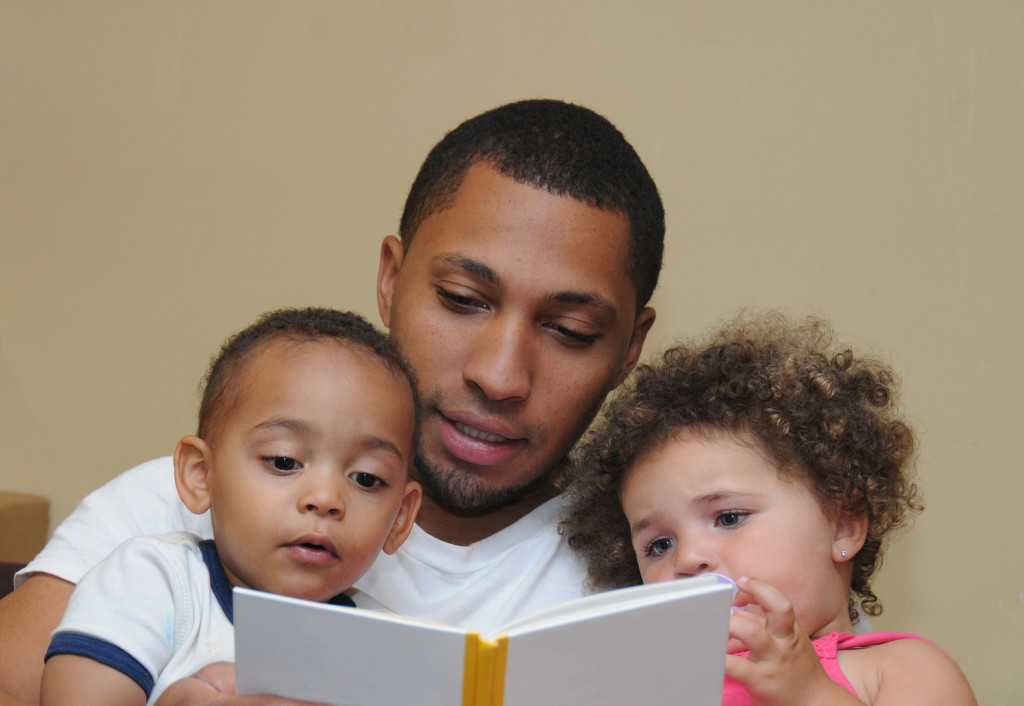It’s perfectly natural for children to feel fear, but they can become a problem when those fears start to interfere with their daily lives. In some cases, kids may not want to go to school or participate in activities they used to enjoy because of their fears. If this is the case for your child, there are ways to help them overcome their fears.
1. Talk to them about it
One way to help your child deal with their fears is to talk to them about what they’re afraid of. Help them understand that their fear is normal and that there are ways to cope with it. For example, if your child is scared of the dark, you can help them develop a plan for dealing with their fear, such as keeping a nightlight on in their room.
When talking to your child about their fear, it’s essential to be patient and understanding. Try to avoid dismissing their fears or making them feel like they’re powerless to overcome them.
2. Help them face their fears
Sometimes the best way to help a child deal with their fear is to help them face it. You can do this gradually, starting with small steps. For example, if your child is afraid of going to the dental clinic, you could start by taking them to visit a friend or family member who works there. Once they’re comfortable with that, you could take them on a tour of the clinic, meet the dentist, etc.
Facing their fears can be a scary experience for children, so it’s essential to be there to support them. Help them understand that it’s OK to feel scared and encourage them to persevere. Tell them that you will be there every step of the way to help them.
3. Help them understand their fear
Children are often afraid of things because they don’t understand them. If your child is scared of the dark, you can help them know what darkness is and why it’s nothing to be afraid of. Helping your child to understand their fear can often be enough to help them overcome it.
But again, it’s essential to be patient and understanding. Some children may need more time than others to understand their fear and feel comfortable with it. Try to use simple words when explaining things to your child, and avoid using technical jargon.
4. Distract them from their fears
When children are focused on their fears, it can be hard for them to think about anything else. One way to help them is to distract them from their worries. You can do this by finding something else to focus on, such as a favorite toy or game.
You can also redirect their attention when they start to focus on their fear. For example, if your child starts to talk about their fear of dogs, you can say, “Let’s talk about something else.” Of course, you don’t want to ignore your child’s fears altogether, but sometimes a distraction can be helpful at the moment.

5. Teach them relaxation techniques
Relaxation techniques can be a helpful way for children to deal with their fears. You can teach many different techniques, such as deep breathing, progressive muscle relaxation, and visualization.
You can teach your child how to do these techniques and then have them practice them when they’re feeling calm. That way, they’ll know what to do when they feel afraid.
6. Introduce them to new experiences
One way to help your child deal with their fears is to expose them to new experiences. Except in cases of severe phobias, it’s generally a good idea to gradually expose your child to the thing they’re afraid of.
For example, if your child is afraid of animals, you could start by showing them pictures of animals. Once they’re comfortable with that, you could move on to watching videos of animals, visiting a petting zoo, and so on.
Of course, you don’t want to force your child to do anything they’re not ready for. But exposing them to new experiences can help them to understand that their fear is unfounded and that they can cope with it
7. Seek professional help
If your child’s fears are severe and interfere with their daily lives, it may be best to seek professional help. A therapist can help your child to understand and cope with their fears. If necessary, they can also provide medication to help your child deal with their anxiety.
It can be difficult to watch your child suffer from fear as a parent. But by following these tips, you can help your child overcome their fears and live a happy and healthy life. Remember to be patient, understanding, and supportive, and your child will be sure to succeed.
